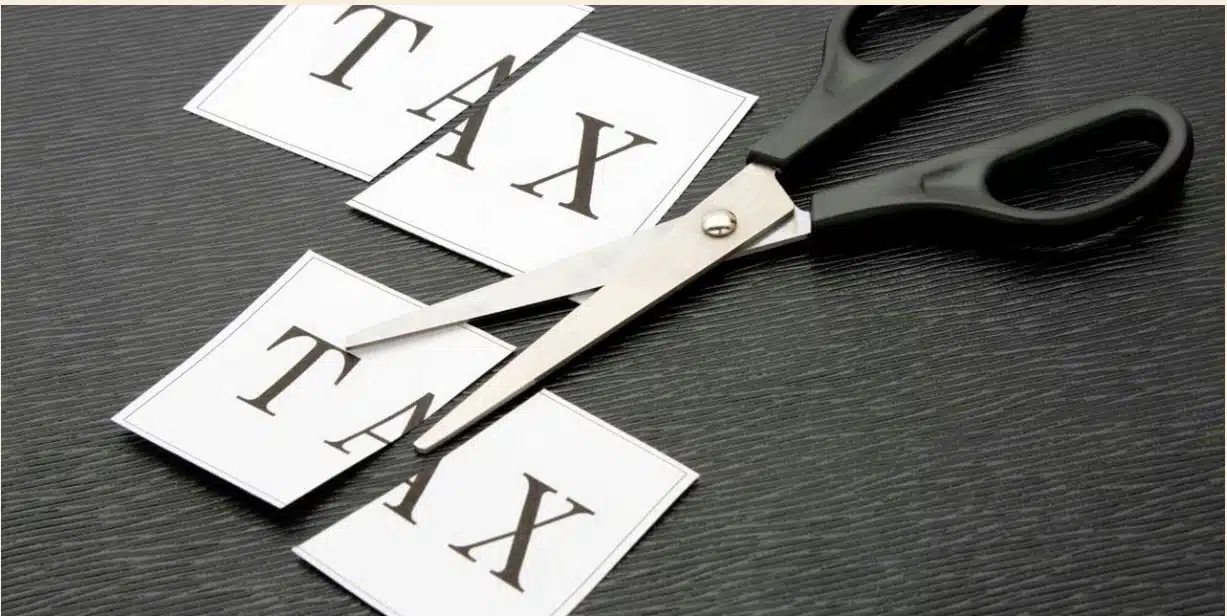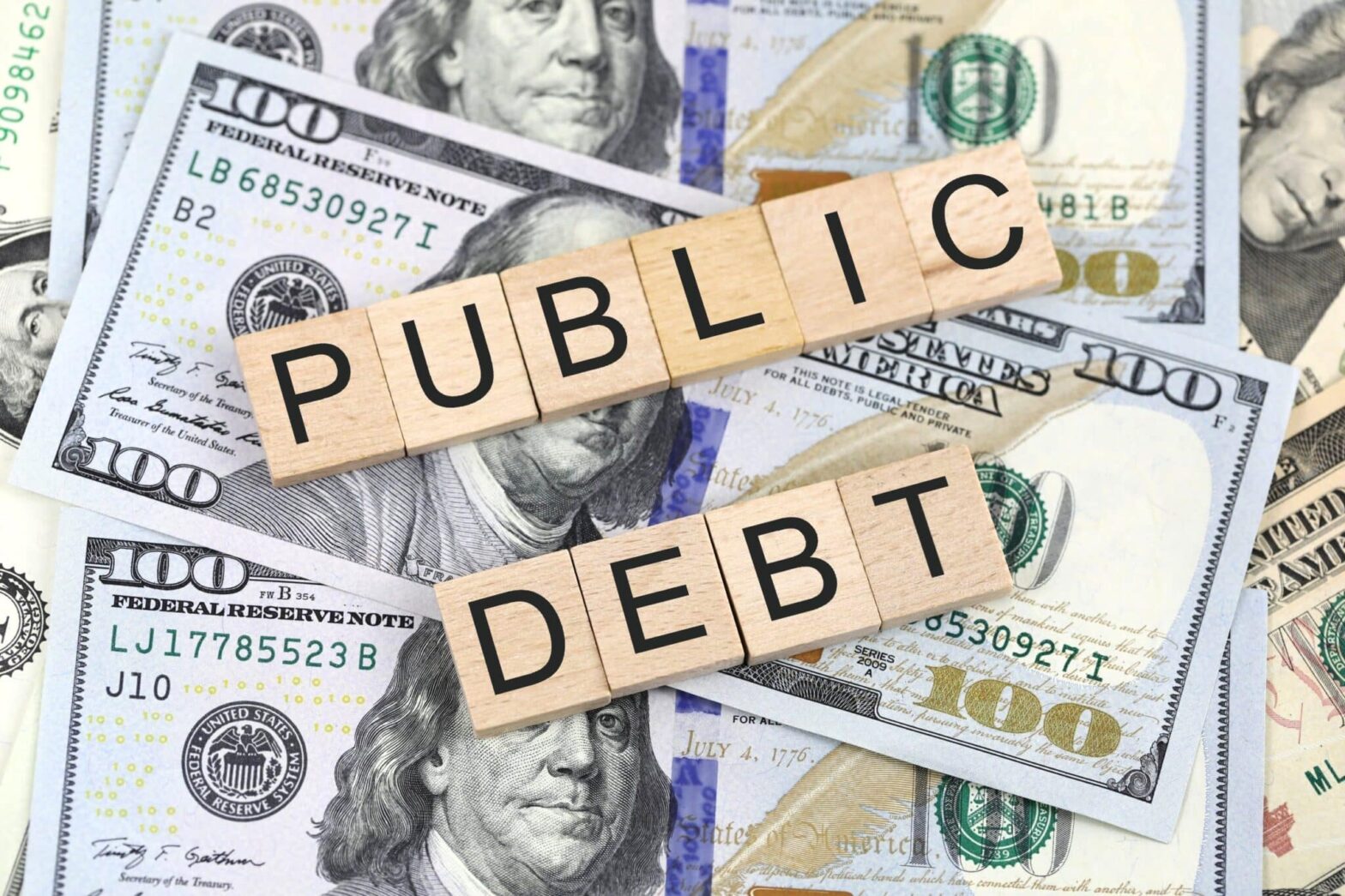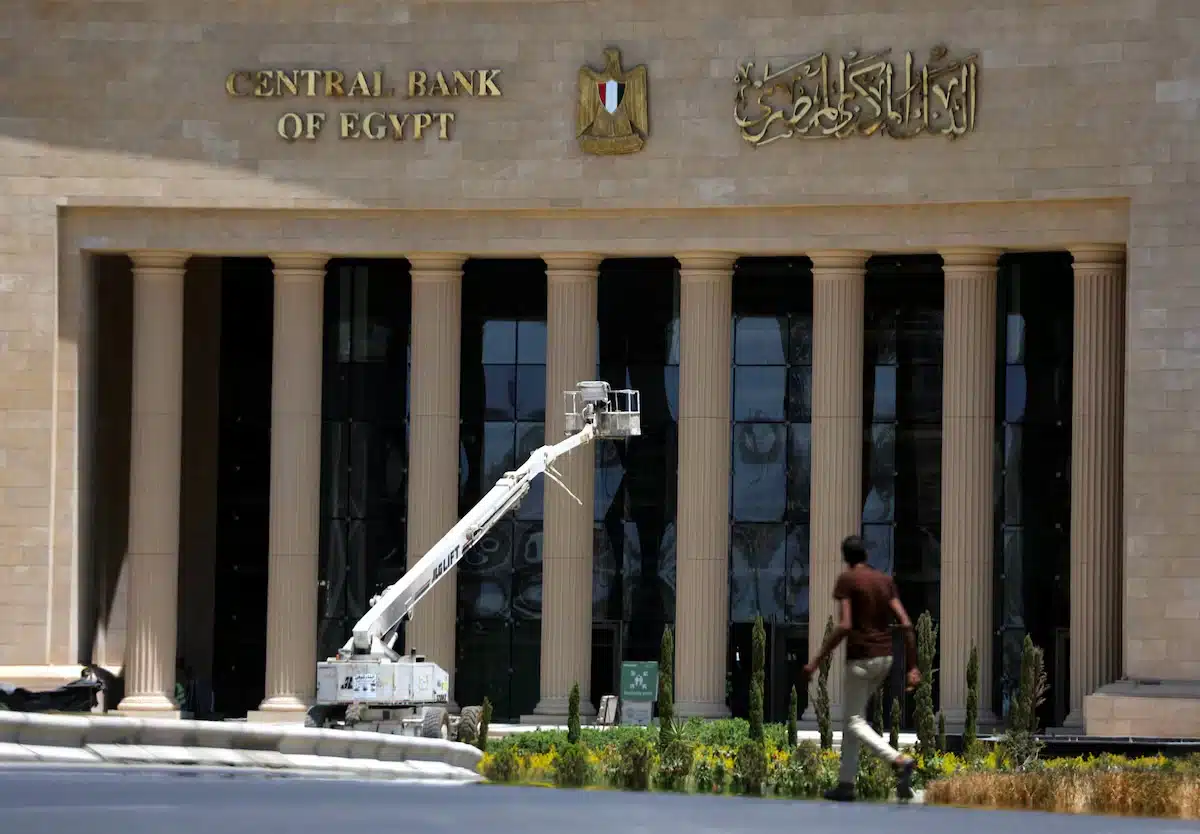By December 31, 2024, Kenya collected 1.07 trillion KSh in tax revenue, a 2.2% increase from the previous year despite widespread protests.
The protests were sparked by the government’s proposed Finance Bill, which aimed to raise taxes and reduce subsidies in line with IMF demands, leading to public outcry and at least 23, forcing the government to withdraw the bill.
This amount collected represents 43% of the government’s revised target of 2.475 trillion KSh. While the increase is good news, a deeper look shows a troubling issue. 61% of this revenue, or 653.5 billion KSh, is being spent on paying off debt.
This leaves little money for critical needs like healthcare, education, and infrastructure; areas that can boost the economy and improve citizens’ lives. The high debt payments come from years of borrowing to cover budget shortfalls.
In just the first half of 2024, Kenya borrowed 477.17 billion KSh, with total borrowing expected to reach 978.3 billion KSh by the end of the year. External loans and grants, which were supposed to help, fell short of the expected 514.7 billion KSh as projected in Kenya’s 2024/25 budget, bringing in only 92.8 billion KSh instead.
While borrowing is common amongst countries, Kenya’s heavy dependence on it instead of focusing on steady revenue growth shows a major weakness in its financial plan. Even though tax collection has improved, the rising debt is eating into funds that could have been used for development projects to grow the economy.
The high debt payments could lead to higher taxes or stricter rules as the government looks for more revenue. The government may increase efforts to encourage more businesses in the informal sector to register and pay taxes as part of its strategy to boost revenue.
Additionally, increased borrowing could cause interest rates to rise, making loans more expensive for businesses.
On the other hand, if the government uses the remaining tax revenue wisely to invest in infrastructure, healthcare, and education, businesses in those areas could grow. Investors who look long-term could benefit if Kenya balances its debt with investments that lead to future growth.
But to make this happen, the government needs to carefully balance paying off debt with funding projects that create jobs and boost the economy.






